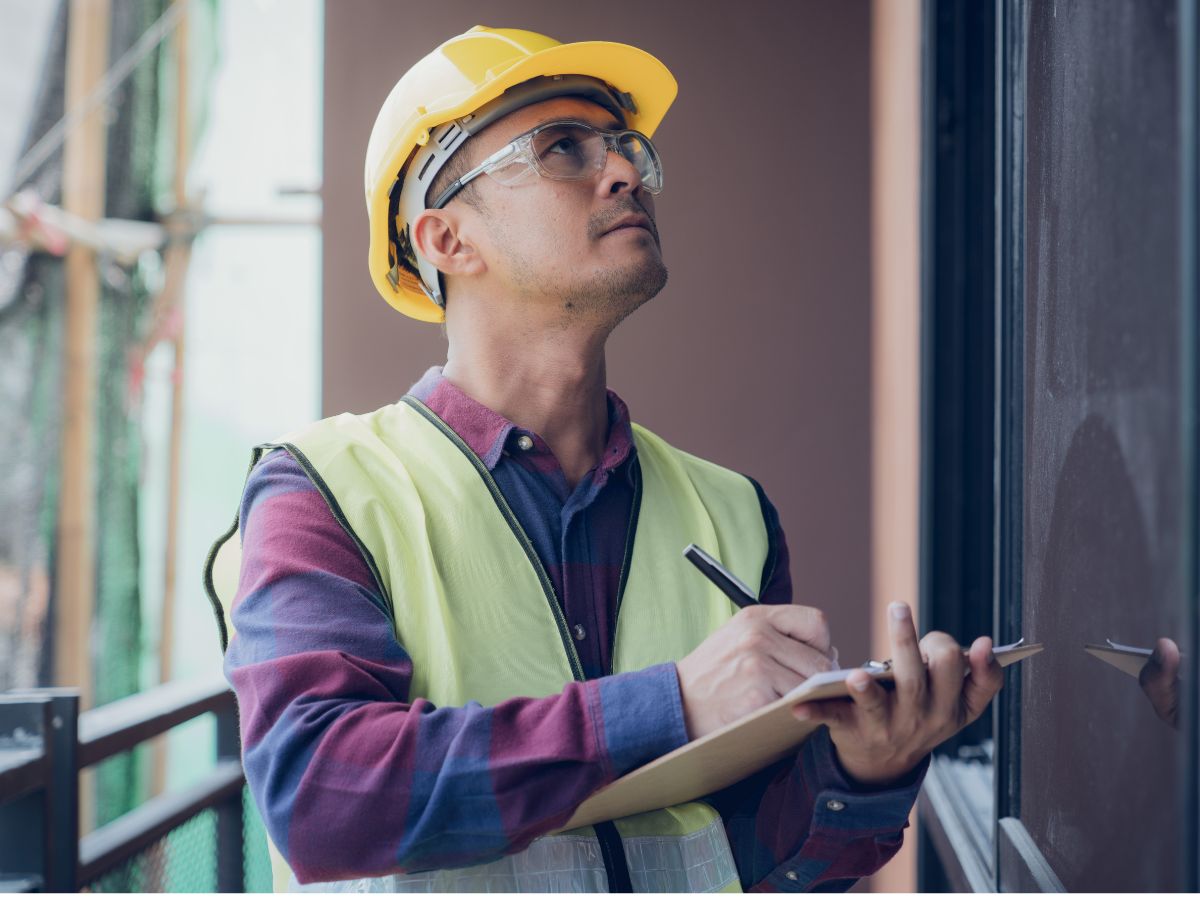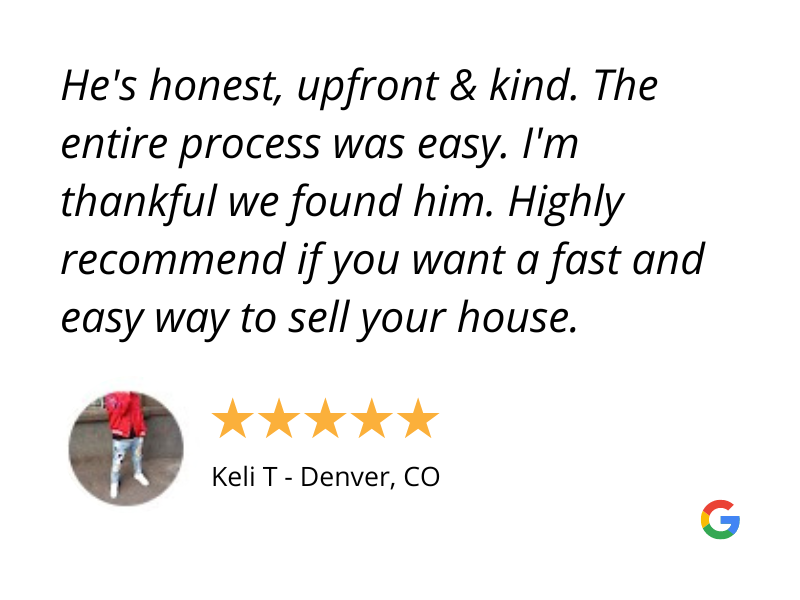Can You Sell A House With Code Violations Grandfathered In?

DENVER, CO: You can sell a house with code violations grandfathered in. However, there are some things you must be aware of. If you sell a house with code violations you could get into serious trouble.
We spoke to real estate experts, an attorney, and a realtor to get the whole picture about selling a house that’s not up to code. Follow their advice (which is just below) and you will sell it and avoid any costly mistakes.
Sound good?
I NEED TO SELL MY HOUSE FAST IN COLORADO
We'll Buy Your Colorado Home AS-IS: Even With Code Violations!
We will buy your house or home in Colorado fast for cash.
WeBuyHousesInDenver.org will buy your house as-is, on your timeline, and you don’t have to clean. NO REPAIRS, NO REALTORS, LOCAL HOME BUYERS. Fill out the form to request a FREE cash offer consultation today. Or Call Us On (720)-738-6020
Grandfathered Code Violations: Definition
The term grandfathered in real estate means that a building that already exists does not have to meet the current standards for building code. It doesn’t have to meet the current standards because it met all building codes when it was originally built.
An example of this is:
In Colorado, the current building code requires stairs must be at least 36 inches wide. Yet there are many older buildings that have stairs that are not 36 inches wide yet are still “legal’. This is because the house or building was constructed before this code came into effect.
The stairs that are not 36 inches wide in the older building would therefore be grandfathered in when selling the property.
Do I Ever Have to Bring Code Grandfathered Code Violations Up To Code?
There are some instances that you will need to bring Grandfathered code violations up to the current building standards. But only if you undergo major renovations of the property. Let me explain.
Let’s use the stairs as an example again. AND I will set the scene (because this actually happened to me).
I bought a triplex in downtown Denver. The building was 100 years old. And therefore the stairs were built to the code 100 years ago. The stairs did not meet the current building code because they were too narrow and they were too steep.
This was not a problem because the stairs were grandfathered in. Because the potential code violation was grandfathered in, it wasn’t a code violation at all. Even if I wanted to rent it out or sell it. Now if I decided to do an extensive rehab to the house I may have to bring the stairs up to the current building code.
One such example might be if I chose to finish the basement. In this case the building inspector may require the stairs going to the basement to be brought up to the current building standards.
How would the inspector know the stairs were not up to code?
Any time you perfomr a remodel or renovation on any real estate you must talk to the city it is located in. The city will tell you if you are required to get a permit or not.
If a permit it is required a building inspector will visit your property periodically. During each visit they will check the upgrades and renovations you are doing. The checks are there to ensure the renovation is up to current building codes.
While this may seem annoying the codes and inspections are to protect you, and the people you rent or sell the house to. While you may be an honest worker that does everything right, unfortunately, there are builders and contractors out there that do not.
Inspections with Grandfathered Code Violations
It is 100% legal to sell a house with grandfathered code violations. In-fact it is legal to sell any house with code violations even if they are not grandfathered.
If you are aware of code violations in the house you are selling you should tell the buyer about them. Telling the buyer about problems is also known as disclosing problems with the house.
Disclosing problems with a house you are selling is actually a legal requirement.
What are real estate disclosures?
When you sell a house, with a realtor, you are required to fill out a Seller’s Property Disclosure form. On this form, you tell the buyer everything that is wrong with the property that you know about. This is what real estate disclosures are.
You are disclosing (letting the buyer know) all of the adverse material facts (all the things that need to be fixed) that affect the property.
Real estate disclosures are legally binding. If you do not tell the truth you can get into a lot of trouble.
Sell Your House Grandfathered Code Violations: Navigating Inspection Report
Whe3n you sell your house, in Denver, Colorado, or in any city, most of the time the buyer will order a home inspection. A home inspection is when a qualified person comes into your house to see what is wrong with it. Obviously, if you have a house with grandfathered code violations the inspector will identify those and put them on the report.
The report is then given to the buyer. At this point, the buyer may ask you to fix them. But remember, you do not have to fix them to sell your house.
Of course, if you are in a hurry to sell your house and just want to get rid of it then doing what the buyer wants could be one way to get it sold fast.
How to sell house to buyer without fixing code violations
If you don’t want to fix anything, sell your house as-is, then all you have to do is respond to the buyer saying that you don’t want to fix anything. It is that simple. Of course, the buyer might walk away. This would leave you in a pickle if you need to sell your house fast.
Another solution is you could negotiate with the buyer to sell your house for cash now. You could respond, AKA send them a counter offer, suggesting:
- A price reduction – sell your house for less
- Offer to make some repairs – this will take time and cost money
- Offer to fix everything – This will take even longer, and cost even more?
SO WHAT DO YOU DO WHEN THE BUYER WALKS AWAY?
How to Sell A House With Code Violations As-Is
Trust me on this. You can sell a house with code violations as-is. You can also sell a house with grandfathered-in code violations without fixing them.
It may seem easy, but all you have to do is find a home buyer that will buy your house as-is.
AND GUESS WHAT?
We buy houses as-is! Sell your house for cash now.
Best Solution Sell Your House Fast For Cash



If you need to sell quickly and don’t want to spend any money, we are the best home-buying company for you.
WeBuyHousesInDenver.org is a Colorado cash buyer. We buy houses in Colorado AS-IS. We buy direct because this saves time and money making selling your home quick and easy, from Castle Rock to Montrose and beyond.
Get your ALL CASH OFFER today by filling out our online form. Don’t miss out!
- Sell My House Fast Denver
- We Buy Houses
- Sell Your House Fast Colorado Springs, CO
- Sell My Home Fast Aurora, CO
- Sell Your Home Fast Fort Collins, CO
- Sell My House Lakewood, CO
- Sell Your House Thornton, CO
- Sell House Fast Arvada, CO
- Sell Home Fast Westminster, CO
- Sell My House Pueblo, CO
- Sell My House Longmont, CO
- Sell My House Grand Junction, CO
- Sell House Fast Castle Rock, CO
- Sell Home Fast Centennial, CO
- Cash Home Buyer Fast Golden, CO
- Cash House Buyer Fast Greeley, CO
- Cash Buyer Highlands, CO
- We Buy Houses Brighton, CO
- We Buy Homes Durango, CO
- Sell My House for Cash Erie, CO
- We Buy Houses Fast Lafayette, CO
- Colorado Cash Buyer Montrose, CO
- Colorado Cash Buyers Parker, CO
- We Buy Real Estate Pueblo West, CO
- We Buy Property Windsor, CO
- Sell Fast For Cash Boulder, CO
- Sell Fast Broomfield, CO
- Home Buying Company Littleton, CO
- Colorado House Buyers Loveland, CO
- Sell My House For Cash Wheatridge, CO
- Sell My House Quick Longmont, CO
- Sell My Home Fast Denver CO
- Sell My House Fast Colorado
